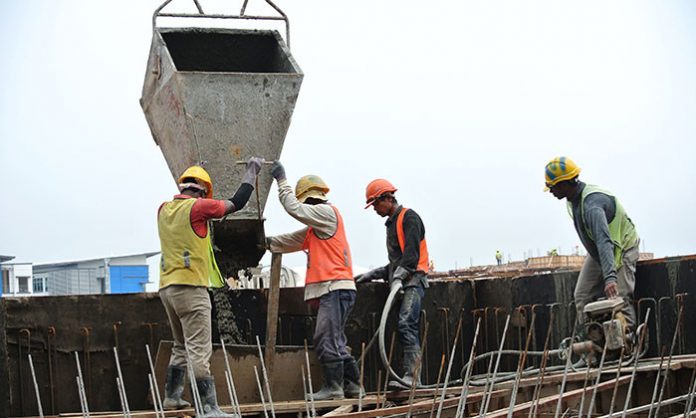Prime Minister, Tun Dr Mahathir Mohamad said the government would establish a single system to hire foreign workers without differentiating source countries. He said the government is currently facing problems with illegal foreign workers and has decided to set up a common system. He added that the government had suspended the current system of 10 agents authorised for recruitment of workers from Bangladesh and was looking at opening up to all agents instead.
“However, this has resulted in a monopolistic situation with some charging as high as RM20,000. “So, we want to open up to all agents there to allow competition,” said Dr Mahathir.
It was reported that since late 2016, more than 10,000 Bangladeshi workers have been brought into the country under the system, while more than 100,000 people are waiting for their turn. It was also reported that some of the 10 authorised agents were merely fly-by-night companies created solely to rake in money by playing middleman between the workers and their prospective employers in Malaysia.
The prime minister also noted that the government would be forming an independent committee chaired by either a top government official, former judge or secretary-general, to be handled under the Institute of Labour Market Information and Analysis (ILMIA). “This is to have an overview on the policies and management of foreign workers. “We need to address these problems. We need the committee to address the issues,” he said. A ministerial joint committee between the Home Ministry and the Human Resource Ministry would be set up, added Tun Dr Mahathir.
On foreign workers from Nepal, Tun Dr Mahathir said the government would soon sign a memorandum of understanding (MoU) with the country to address the issue of foreign workers. “We want to have a government-to-government agreement just like we have with Bangladesh, but the system will be the same,” he said. Last month, it was reported that the government of Nepal had barred its workers from coming to Malaysia with immediate effect. The move came about as the Nepalese government expressed its unhappiness with the “restrictive” immigration requirements its workers faced before they can be gainfully employed in the country. This includes having to go through a private company for security and medical check-ups as part of the visa requirement.




















